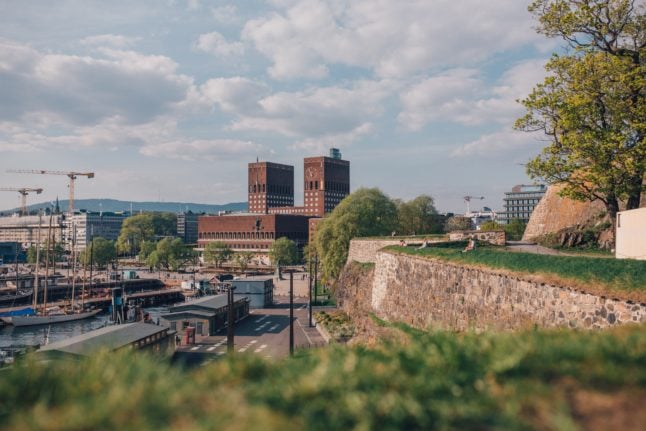The losses stand in stark contrast to the corresponding period in 2012, when Volvo’s quarterly profit was 5.6 billion kronor.
Analysts meanwhile were way off their mark in predicting a profit a 1.5 billion kronor for this year.
“It was an excellent quarter when it comes to the reception of new products, but a weak quarter when it comes to deliveries,” Volvo CEO Olof Persson said at a press conference.
SEE ALSO: Get the latest exchange rates and transfer money on The Local’s Currency page
He added in a statement that the sales were the lowest since the financial crisis, and in line with the first quarter of 2009.
“Despite uncertainty in the global economy, order intake has improved and we have many new, competitive products on their way to the market,” he wrote.
“That being said, the second quarter of 2013 will pose a challenge for us and our suppliers, with respect to the changeover to new products and the ramp-up of the industrial system to higher volumes.”
TT/The Local/og



 Please whitelist us to continue reading.
Please whitelist us to continue reading.
Member comments